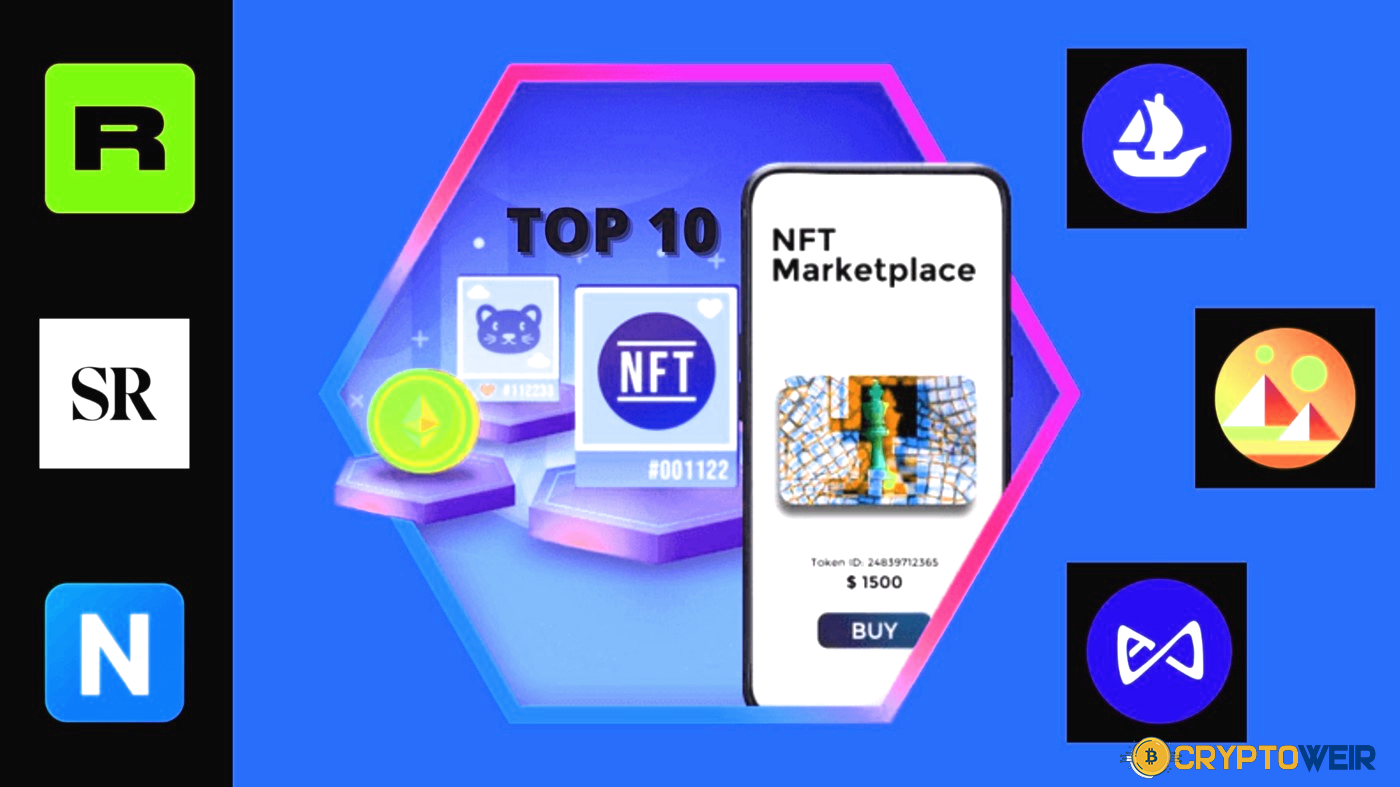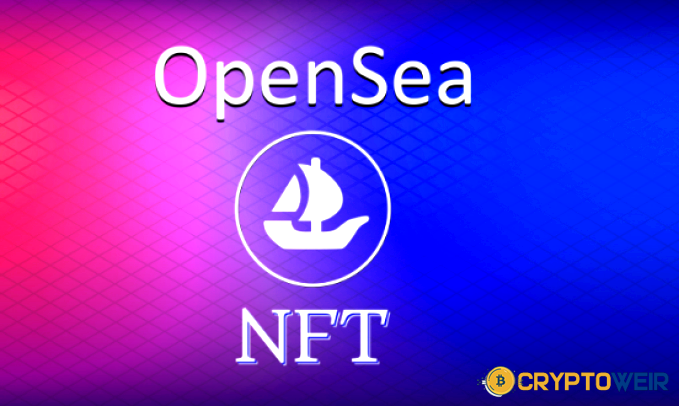NFTs Explained: Are They a Good Investment?
In this article, we’ll break down NFTs, their value, and whether they are a worthwhile asset for investors.

The rise of blockchain technology has brought several innovations, and one of the most talked-about is NFTs, or non-fungible tokens. Over the past few years, NFTs have gained immense popularity, with digital artists, celebrities, and investors jumping on the bandwagon. But the big question remains: Are NFTs a good investment? In this article, we’ll break down NFTs, their value, and whether they are a worthwhile asset for investors.
What Are NFTs?
NFTs, or non-fungible tokens, are unique digital assets stored on a blockchain. Unlike cryptocurrency like Bitcoin and Ethereum, which are fungible and can be exchanged on a one-to-one basis, NFTs represent ownership of a specific item that is not interchangeable. These items can be digital art, music, videos, virtual real estate, collectibles, and even tweets.
Each NFT is uniquely identifiable and stored on a decentralized blockchain ledger, ensuring authenticity and preventing duplication. The most common blockchain used for NFTs is Ethereum, but other blockchains like Solana, Tezos, and Binance Smart Chain also support NFT creation and trading.
How Do NFTs Work?
NFTs function through smart contracts, which are self-executing contracts with coded terms and conditions on a blockchain. Here’s how they work:
- Creation: Artists or creators mint (create) NFTs using blockchain platforms like OpenSea, Rarible, or Foundation.
- Ownership and Authentication: Each NFT is unique and contains metadata verifying its authenticity, ownership, and transaction history.
- Buying and Selling: NFTs are bought and sold on specialized marketplaces using cryptocurrency.
- Storage: NFTs are stored in digital wallets like MetaMask, Trust Wallet, or hardware wallets.
- Royalties: Some NFTs allow creators to earn royalties every time the asset is resold, providing long-term earning potential.
Why are NFTs valuable?

NFTs derive their value from multiple factors, including:
- Scarcity and Uniqueness: The rarity of an NFT significantly impacts its value. A limited edition NFT or a one-of-a-kind artwork by a famous creator tends to fetch high prices.
- Ownership Proof: Blockchain technology ensures transparent ownership records, preventing counterfeiting or forgery.
- Utility: Some NFTs offer additional benefits, such as access to exclusive events, memberships, or virtual gaming assets.
- Market Demand: The demand for specific artists, brands, or projects influences NFT prices.
- Cultural and artistic significance: Some NFTs hold historical or cultural importance, making them more valuable over time.
Are NFTs a Good Investment?
NFTs can be both profitable and risky as an investment. Let’s analyze the pros and cons:
Pros of Investing in NFTs
- Potential for High Returns: Many early NFT investors have seen exponential returns, with some assets selling for millions.
- Ownership of digital assets: Investors can hold exclusive digital assets with verifiable ownership.
- Royalties for Creators: If you’re an artist, NFTs allow you to earn royalties every time your artwork is resold.
- Growing Popularity: Big brands, celebrities, and tech giants are entering the NFT space, increasing adoption.
- Decentralized and Secure: Since NFTs are built on blockchain technology, they provide security, transparency, and immutability.
Cons of Investing in NFTs
- High Market Volatility: NFT prices fluctuate dramatically, leading to significant financial risk.
- Lack of Regulation: The NFT market lacks regulatory oversight, increasing the risk of fraud and scams.
- Liquidity Concerns: Unlike stocks or cryptocurrency, selling an NFT can be challenging as it requires finding a buyer.
- Environmental Concerns: Blockchain networks like Ethereum consume high energy, raising environmental sustainability issues.
- Speculative Nature: Many NFTs are driven by hype rather than intrinsic value, leading to potential market bubbles.
Factors to Consider Before Investing in NFTs
If you are thinking about investing in NFTs, consider these key factors:
1. Research the NFT Project
Before purchasing an NFT, research the artist, project, and historical price trends. Check the credibility of the creator and whether they have a strong following.
2. Understand the Market Risks
NFTs are highly speculation, and prices can drop drastically. Only invest what you can afford to lose.
3. Choose a Reliable Marketplace
Use reputable platforms like OpenSea, Rarible, or NBA Top Shot to buy and sell NFTs securely.
4. Consider Long-Term Utility
NFTs with real-world applications, such as gaming assets, memberships, or access to exclusive content, tend to have better long-term value.
5. Secure Your Digital Wallet
Ensure your digital wallet is secure by enabling two-factor authentication and storing private keys safely.
Future of NFTs
The future of NFTs is promising, with industries like gaming, music, fashion, and real estate adopting NFT blockchain technology. Metaverse projects like Decentraland and The Sandbox integrate NFTs, allowing users to own virtual land and assets. Additionally, brands like Nike and Adidas are exploring NFT-based digital wearables.
However, regulatory frameworks and technological advancements will play a crucial role in shaping the NFT market’s future. Sustainable solutions, such as Ethereum’s transition to a Proof-of-Stake (PoS) model, may address environmental concerns and improve scalability.
Conclusion
NFTs are an exciting and revolutionary digital asset class, offering unique investment opportunities. However, they come with significant risks due to market volatility, lack of regulation, and speculative nature. Before investing, it’s essential to conduct thorough research, assess risks, and understand the market dynamics.While some investors have made fortunes with NFTs, others have lost money due to market downturns. If you’re considering NFTs as an investment, diversify your portfolio and approach them with a long-term perspective.Ultimately, whether NFTs are a good investment depends on your risk tolerance, research, and understanding of the evolving digital landscape. As the blockchain technology matures, NFTs may become more mainstream, offering new and exciting opportunities for investors.





